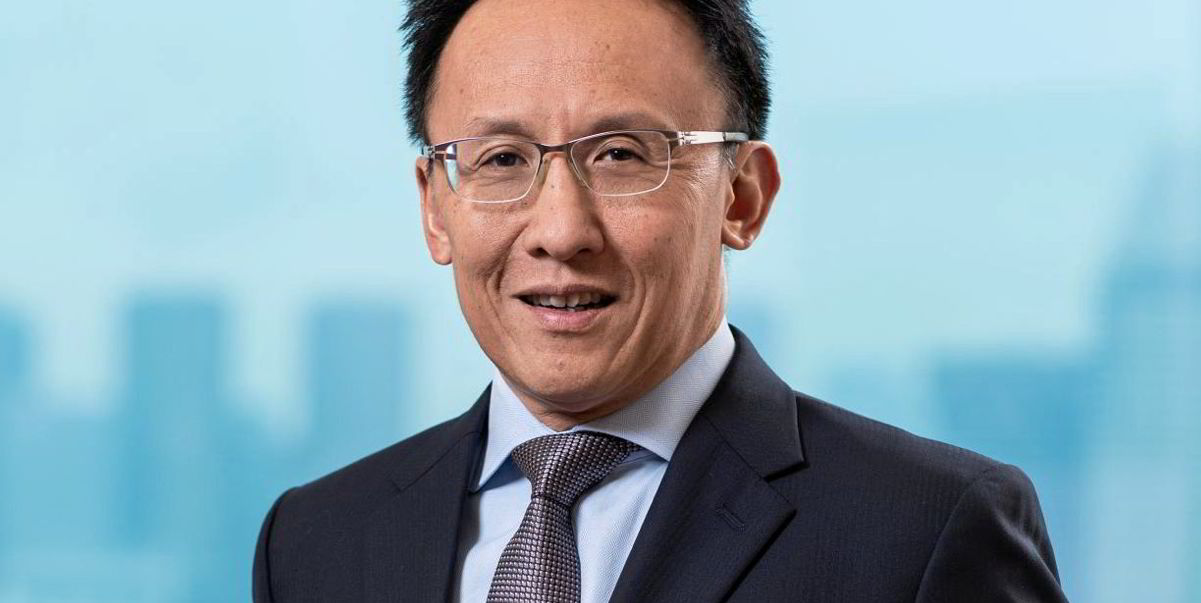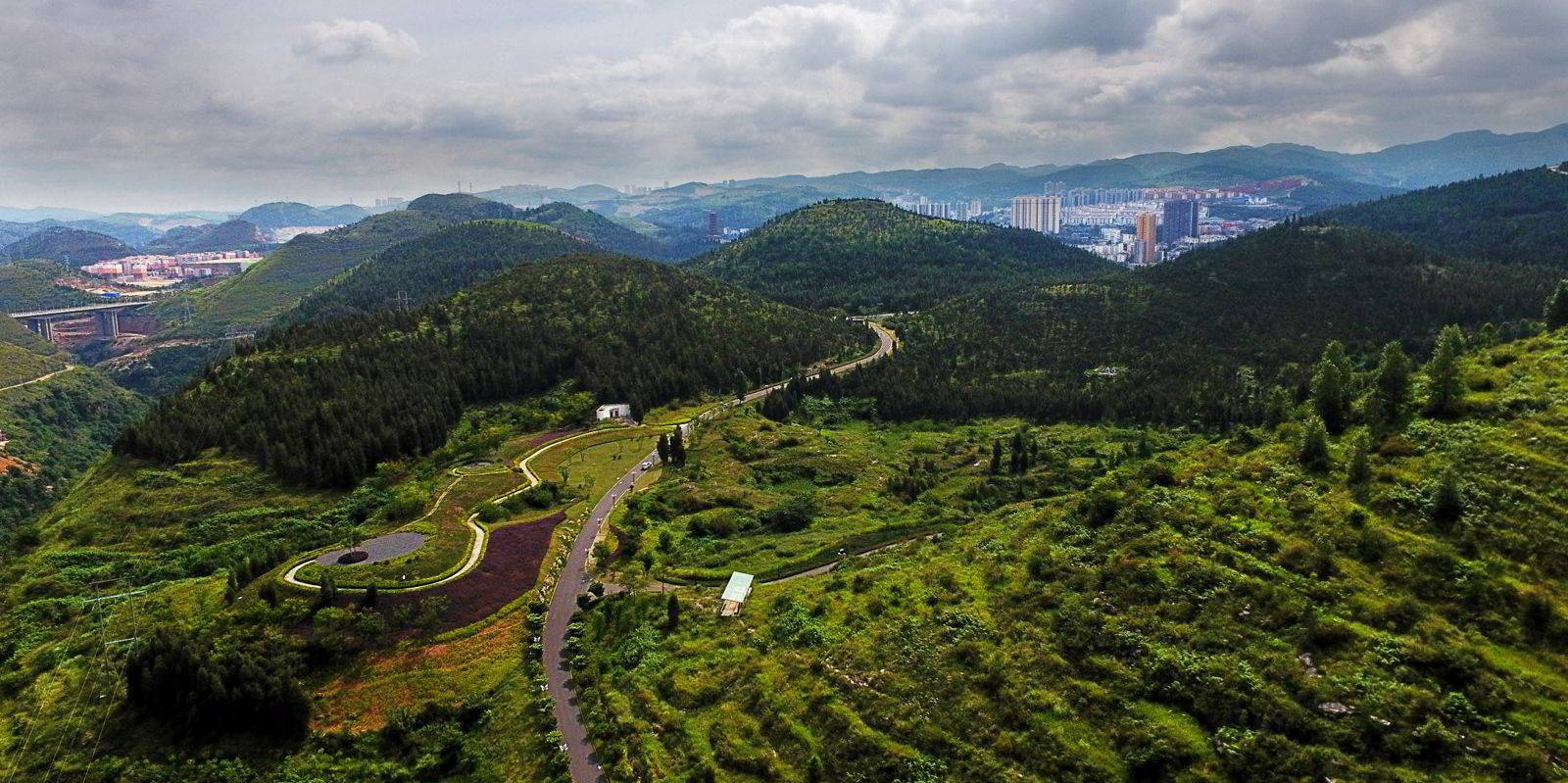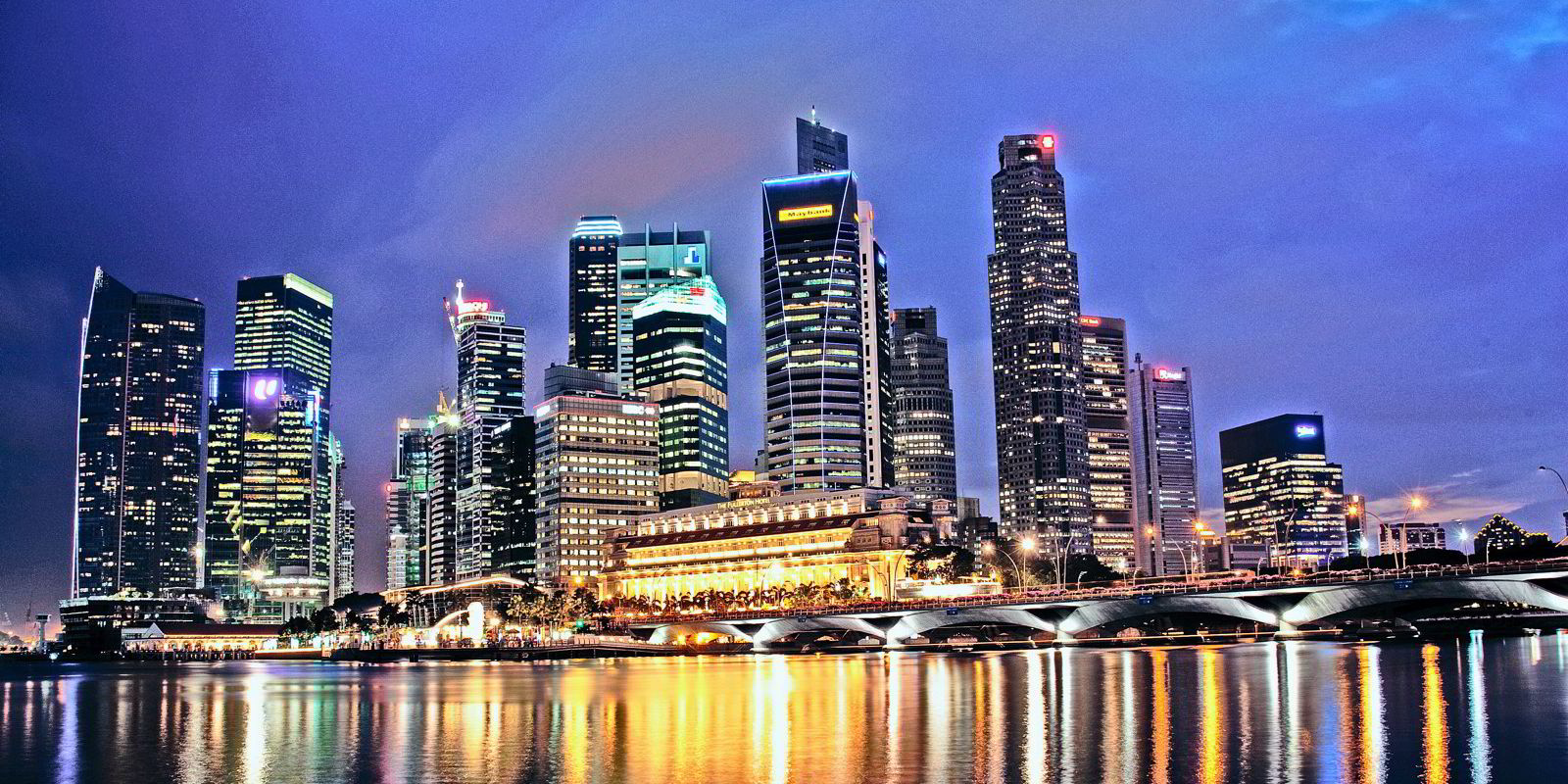Pavilion Energy is looking to expand its LNG supply operation into its South East Asian neighbours where demand for natural gas is expected to grow, its interim chief executive said on Monday.
Speaking at the annual Platts APPEC 2021 conference, Alan Heng said there will be “opportunities to supply natural gas to growing markets in the region that are currently reliant on domestic gas and coal”.
“Some of the nearby countries such as Vietnam and even Myanmar when they reopen are possible markets we are looking to expand from Singapore,” he said.
Vietnam’s government recently said that it anticipates domestic LNG demand will climb to 5m tonnes per annum (tpa) by 2025, 10m tpa by 2030 and 15m tpa by 2035.
The country’s power demand is being driven by the country’s robust economic growth, with the World Bank forecasting that GDP will expand by almost 5% this year and by up to 6.5% to 7% from 2022 onwards.
“There are great opportunities in solar, wind, geothermal in some of the neighbouring countries, but aside from this there is still a need for gas.”
Heng said the reason why gas is still need is to help with transition to lower carbon fuels and help with the intermittency of renewable energy sources.
Pavilion, backed by Singapore state investor Temasek Holdings, is also working with authorities in Singapore to strengthen the country’s gas supply network to support Singapore’s efforts to develop a renewable business, he said.
“In a small island like Singapore, we have limited storage capacity, a limited solar footprint and very variable weather,” he said.
Heng was appointed interim chief executive of Pavilion Energy in mid-August following Frederic Barnaud’s decision to step down from the role and return to Europe.
During his time at Pavilion, Barnaud was instrumental in buying the LNG assets of Spanish energy company Iberdrola and opening a new European headquarter for the Singaporean company in Madrid.
He also oversaw the development of LNG bunkering and trading at the company along with decarbonisation efforts, including the import of a first carbon neutral LNG cargo into Singapore.





